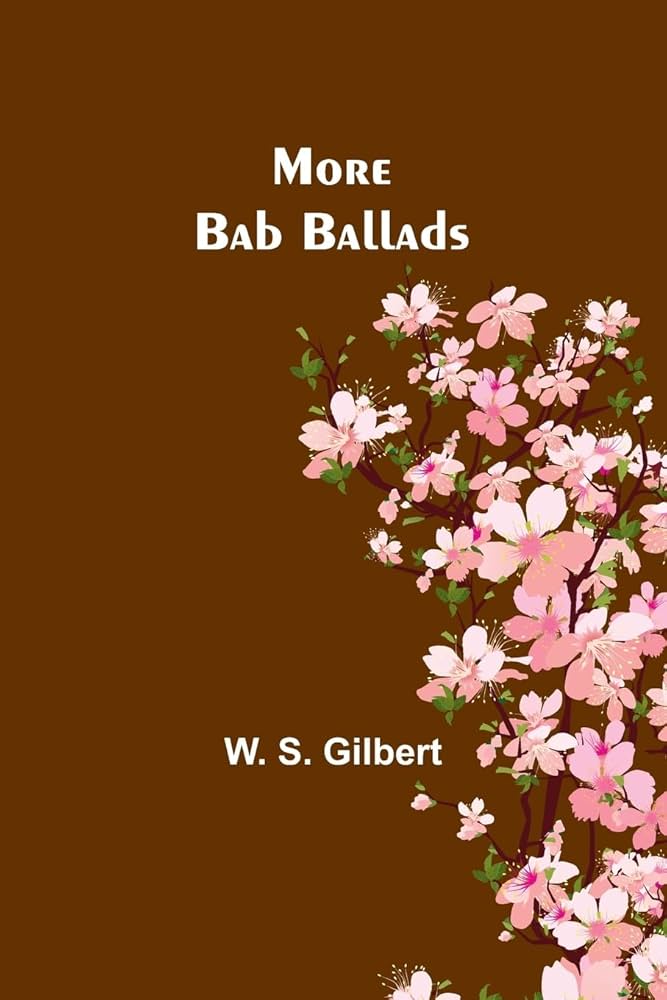Ballad: Little Oliver
byLittle Oliver spends his days not just in service, but in silent admiration, tucked away beneath the grandeur of Earl Joyce’s estate. Though only a page, his heart is filled with thoughts far too vast for his station. He watches Lady Minnie-Haha move through sunlit halls and across rose-strewn gardens, her presence as melodic as her name implies. His love for her is quiet but unwavering, stitched into the seams of his uniform and the hours he spends polishing silverware that reflects her face. He knows she is the daughter of nobility, a vision destined for someone of title and means. Still, hope lingers like the final note of a love song—faint, soft, but impossible to ignore. His longing is not selfish. It is the pure ache of someone who simply wants to matter to someone whose world feels too distant to reach.
Though Oliver has no wealth, he is rich in learning. A village tutor once saw promise in his questions and filled his mind with French poems, Latin phrases, and stories of kings and commoners alike. These tales made Oliver believe, just for a moment, that love might sometimes leap over social walls. Yet when he glances at Minnie-Haha, surrounded by noble suitors with braided cuffs and polished boots, reality anchors him. He reminds himself that poems are one thing, and life is quite another. Still, her laughter makes him forget such logic. His heart betrays his wisdom each time she sings, and her voice seems to brush the very edge of his soul. In the opera room, as he waits beside the velvet curtain, her notes often feel like invitations meant for him alone.
Minnie-Haha’s awareness of Oliver’s affection remains unspoken, but never unnoticed. Her song choice during one of her father’s evening entertainments—a piece about a noblewoman and a stable boy—strikes Oliver like a quiet signal. Though no words are said, he reads meaning in her glance, in the delicate rise of her eyebrow as she sings. Later, a new ballad of her own creation fills the room. Its melody is light, but the lyrics speak of hidden hearts and laughter healing wounds too deep for speech. She urges the subject of her song to dance, to find joy instead of suffering in silence. To Oliver, the message is both a balm and a goodbye. He smiles, not because he’s been chosen, but because he’s been seen.
For those trapped in positions where dreams exceed station, Oliver’s story offers quiet understanding. He represents countless souls who live near beauty, near greatness, but never quite within it. His restraint, born from respect and realism, adds weight to his affection. He seeks nothing, not even acknowledgement. Yet, he is given more than most lovers receive: a song written with him in mind, and the gentle proof that even highborn hearts can recognize the loyalty of quiet love. There is honor in his restraint, and grace in her empathy. In this subtle exchange, the tale finds its emotional peak—no proposal, no scandal, only the shared knowledge of an impossible love met with impossible kindness.
Oliver returns to his duties, now carrying not just longing but a kind of closure. He polishes the instruments she plays, prepares the room where her music lives, and takes pride in being part of her world, however distantly. The pain of distance is now softened by her melody—a tune only he understands completely. He hums it under his breath, letting it replace the silence that once filled his heart. There is no bitterness in him. He has loved, and in a small, meaningful way, that love was returned—not with promises, but with presence. That is sometimes more than enough.
The ballad captures more than a tale of social boundaries; it reflects the quiet nobility found in invisible lives. Oliver’s role is not grand, but his feelings are no less real than any prince’s. And Minnie-Haha, though bound by tradition, offers him dignity through art rather than dismissal. Their exchange becomes a moment beyond romance—it is a rare gesture of mutual understanding. In a world where titles rule and voices are often silenced by status, their story becomes a gentle rebellion told through music. It’s a soft reminder that recognition, even without reward, can heal hearts more than declarations ever could.


